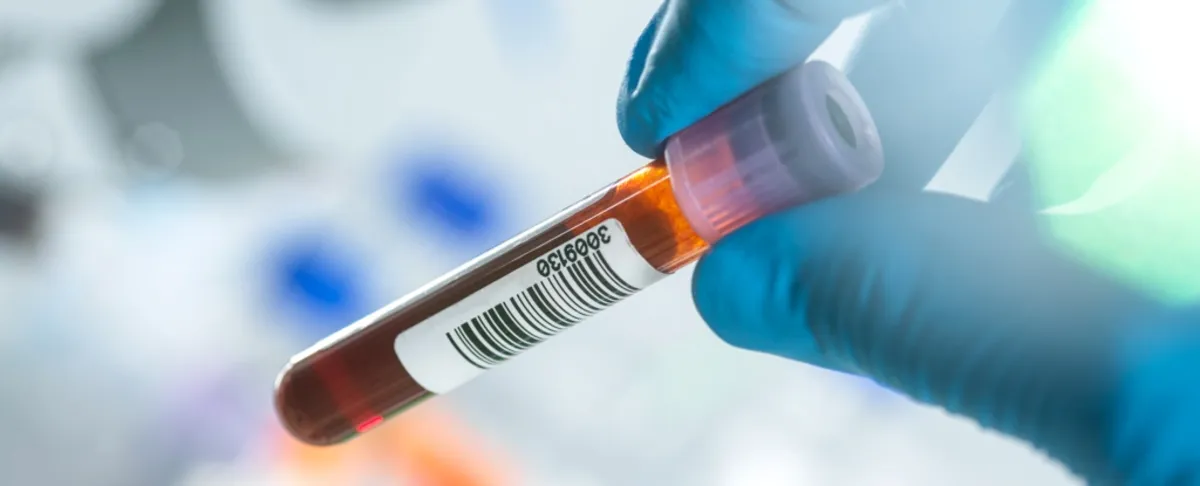
The United States has made a significant advancement in the fight against Alzheimer's disease by approving the first blood test for Alzheimer's. This groundbreaking move, announced on Friday, is expected to enable patients to begin treatment earlier with newly approved drugs that can help slow the progression of this devastating neurological condition.
The test, developed by Fujirebio Diagnostics, measures the ratio of two specific proteins in the blood. This ratio is correlated with the presence of amyloid plaques in the brain—an important hallmark of Alzheimer's that has traditionally been detected only through invasive methods such as brain scans or spinal fluid analysis. This innovative approach could revolutionize the way we diagnose Alzheimer's disease, making it more accessible and less invasive for patients.
Alzheimer's disease affects a staggering number of individuals—more than the combined cases of breast cancer and prostate cancer. According to Food and Drug Administration (FDA) Commissioner Marty Makary, approximately 10 percent of people aged 65 and older currently have Alzheimer's, and projections suggest that by 2050, this number will double. "I am hopeful that new medical products such as this one will help patients," Makary stated, emphasizing the urgent need for effective diagnostic tools.
Currently, there are two FDA-approved treatments for Alzheimer's: lecanemab and donanemab. These drugs specifically target amyloid plaques and have demonstrated the ability to modestly slow cognitive decline, although they do not cure the disease. Advocates, including many neurologists, argue that these intravenous antibody therapies can provide patients with additional months of independence, especially when initiated earlier in the disease's progression.
In clinical studies, the results from the blood test have shown strong alignment with findings from positron emission tomography (PET) brain scans and spinal fluid analyses. This validation is crucial as it establishes the blood test as a reliable method for diagnosing Alzheimer's disease. Michelle Tarver from the FDA's Center for Devices and Radiological Health remarked, "Today's clearance is an important step for Alzheimer's diagnosis, making it easier and potentially more accessible for US patients earlier in the disease."
The blood test is authorized for use in clinical settings for patients exhibiting signs of cognitive decline. However, it is important to note that the results must be interpreted alongside other clinical information to ensure accurate diagnoses. As the most common form of dementia, Alzheimer's disease progressively deteriorates a person's memory and independence, making early diagnosis and intervention crucial in enhancing the quality of life for those affected.
In conclusion, the approval of the first blood test for Alzheimer's disease marks a pivotal moment in the realm of neurology and patient care, potentially transforming the landscape of Alzheimer’s diagnosis and treatment.